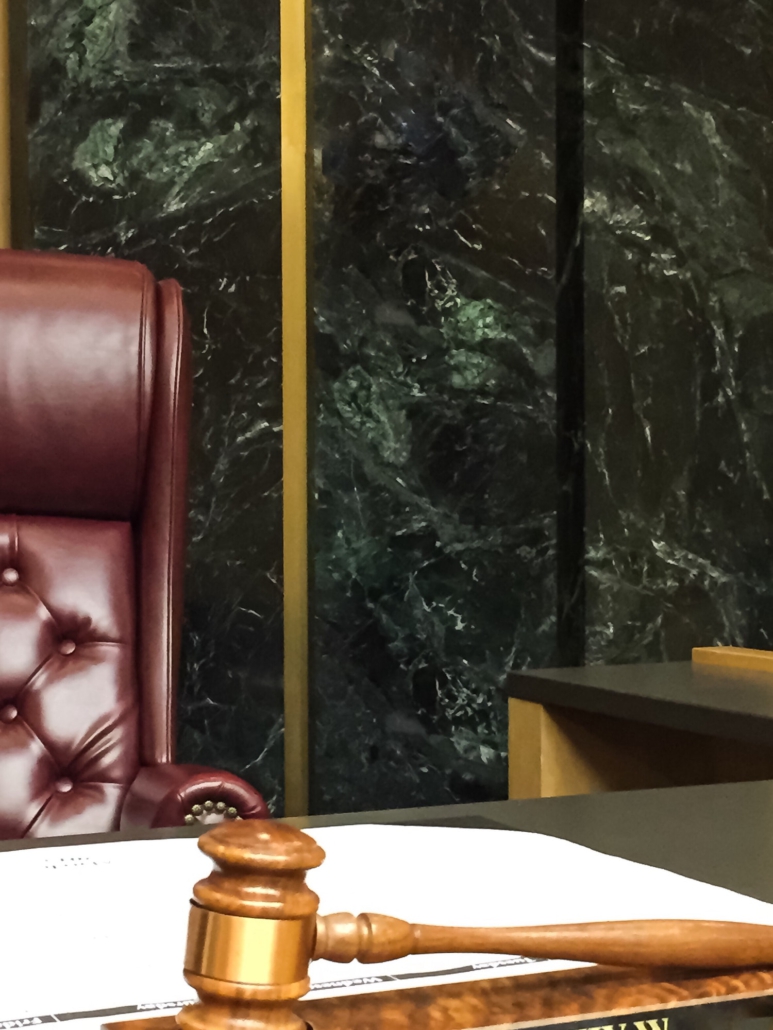LEGAL+ NEWS
Unfortunately, it is common practice in civil proceedings for the courts to only issue instructions to the parties during the oral hearing. The BGH dealt with the consequences of this practice in a practice-relevant decision dated 11.4.2018 (case no. VII ZR 177/17).
Parties to civil proceedings and their legal representatives experience it as the rule that the court called upon to make a decision only makes a statement on the case in question at the oral hearing.
If – as is often the case – such references relate to circumstances relevant to the decision, this regularly has procedural consequences that are overlooked by the parties involved – in the present case even by the court of appeal.
This was clarified by the BGH in its aforementioned decision, in which it stated the court’s duty to provide information:
The regional court did not sufficiently fulfill its duty to provide information pursuant to Section 139 ZPO. In fulfilling its procedural duty of care pursuant to Section 139 (4) ZPO, the court must, in principle, provide information on circumstances which it considers to be relevant to the decision and which the party concerned has clearly considered to be irrelevant, in good time before the oral hearing, so that the party has the opportunity to prepare its case and to supplement its submission for the upcoming oral hearing and to provide the evidence required thereafter. If, contrary to Section 139 (4) ZPO, the court does not issue the notice until the oral hearing, it must give the party concerned sufficient opportunity to respond to it.
The BGH then states the consequence of the court’s failure to provide information before the oral hearing as described above as follows:
If it is obvious that the party will not be able to make a final statement at the oral hearing, the court must – if it does not switch to written proceedings – adjourn the oral hearing even without an application for leave to submit written pleadings in order to give the party the opportunity to comment.
In other words:
In such cases, the court cannot simply consider the hearing closed and issue a judgment. Instead, it must give the party concerned sufficient opportunity to comment. The exception to this is, although this is rarely the case, that the party could have made a sufficient statement during the oral hearing – i.e. spontaneously – if it had made a reasonable assessment.
Another consequence – perhaps the most important one in practice – is:
In these cases, a corresponding application for a so-called reduction of the pleadings is not relevant! Even without the party concerned making such an application – in the present case, this was omitted – the court must grant the right to be heard. The BGH states this in the decision in question:
In this context, it is irrelevant that the defendant did not apply for a time limit to respond to the notice. Issuing the judgment immediately at the end of the hearing without giving the defendant the opportunity to respond to the notice constitutes a procedural error.

Conclusion:
In the knowledge of this important case law of the Federal Court of Justice, parties to civil proceedings can look forward to oral proceedings in a much more relaxed manner.

LATEST ARTICLES

Enforcement order legally binding – What else can help?
LEGAL+ NEWS Enforcement order legally binding – What else can

BGH eliminates widespread misunderstanding of its case law on the application of warranty law for material defects when purchasing shares (judgment of 26.09.2018, case no. VIII ZR 187/17)
BGH eliminates widespread misunderstanding of its case law on the application of warranty law for material defects when purchasing shares! A comprehensive exclusion of statutory warranty claims in the share purchase agreement does not fundamentally preclude the application of Section 313 BGB (frustration of contract)!

What do so-called media agencies do? – An analysis of the usual contractual relationships in the media business.
“By their legal nature, media agency agreements are generally to be qualified as agency agreements in which one party (media agency) undertakes to carry out an independent economic activity to safeguard the financial interests of third parties (in particular media planning and buying) and the other party (advertising client) undertakes to pay a fee.” (BGH ruling from 16.6.2016, ref. III ZR 282/14)
CONTACT

+49 (40) 57199 74 80
+49 (170) 1203 74 0
Neuer Wall 61 D-20354 Hamburg
kontakt@legal-plus.eu
Benefit from my active network!
I look forward to our networking.
This post is also available in: DE

